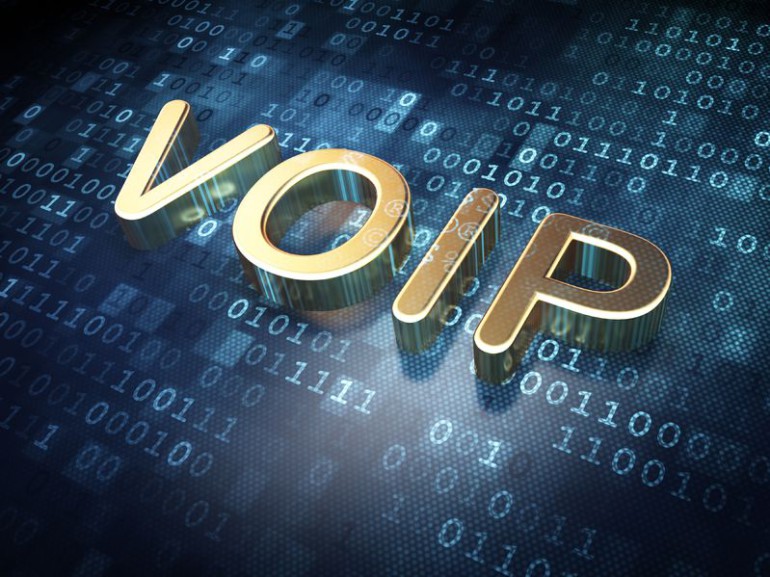The death of Victor Collins last November has ultimately led to authorities requesting Amazon for “electronic data in the form of audio recordings, transcribed words, text records and other data” from the Amazon Echo device found in the home of James Bates, where Victor Collins was found dead in a hot tub.
But the matter rakes up several issues around user privacy and who gains access to their data.
Mr. Bates was charged with murder in February of this year, and the police has sought the information from Amazon as part of their ongoing investigation into the alleged murder. But Amazon isn’t bending to their will without a fight. It has provided “some very limited subscriber information”, but is yet to fully comply with two requests, according to an email from Nathan Smith, the prosecuting attorney in Benton County where the case was registered.
In a subsequent statement, Amazon said that it would not “release customer information without a valid and binding legal demand properly served on us.” Mr. Smith, meanwhile, has said that officers had followed the proper procedure in such a case, and had obtained a search warrant from a judge based on probably cause.
At the time, the police sought to seize the Amazon Echo unit from the scene of the crime, and the court stated that it had reasonable cause to believe “that the objects to be seized are in danger of imminent removal.”
The matter now boils down to whether or not Amazon will comply with the request to release data, but the question is also about whether or not Amazon actually holds any incriminating data from the device.
Amazon Echo doesn’t record everything that goes on in its ambient environment. It is constantly listening, but only when it hears the wake words, such as “Hey, Alexa…” does it start streaming the data to Amazon’s cloud for processing. The audio is kept on record until the customer permanently deletes it, but the recording doesn’t begin until the wake words are heard.
As such, it will be extremely difficult to say whether or not any valuable clue might be contained in that data, even if the authorities managed to get it from Amazon.
But the larger issue at hand is one of electronic privacy. Lynn Terwoerds, the executive director of the Executive Women’s Forum, which founded and sponsors the Voice Privacy Alliance, in an email said that a faulty premise had led to the request of information. That premise is what I spoke about earlier, that Alexa isn’t constantly recording and analyzing our conversations.
The entire incident is reminiscent of Apple’s altercation with the FBI over a locked iPhone belonging to one of the suspects in the San Bernardino shooting from a year ago.
While the FBI later said in March that they were able to access the iPhone’s data without help from Apple, and subsequently dropped the case, getting data from the cloud may not be just a simple matter of getting into the Amazon Echo. The device does store data locally, but you can delete the local recordings and still have the recordings and their transcripts sitting on Amazon’s servers.
In such a situation, it is entirely up to Amazon whether or not they choose to release the data.
But again, it’s a very gray area because even if authorities did manage to hack the device and obtain the data, it’s not clear how useful it will actually be to the case. There are several legal considerations around this, so we’re not going into those details, but suffice it to be said that Alexa does not record everything all the time.
Whether or not that changes your stance on the whole subject of privacy versus security is an entirely different matter. If you’re vehemently pro-privacy, you may have to stop using the internet because that is the largest gateway of information between you and the outside world. With that goes your smartphone, your online shopping, your connected devices and everything else that hooks up to the Internet, which isn’t something a lot of people will seriously consider as a practical way to preserve privacy.
The key contention now is about the lack of crystal-clear legislation around who can actually access that data from devices such as smartphones, smart speakers, email accounts, online subscriptions and such. “That is a massive gray area,” says Mark A. Testoni, the president and chief executive of SAP National Security Services, which helps agencies track those suspected of terrorism through open source data.
Thanks for reading our work! Please bookmark 1redDrop.com to keep tabs on the hottest, most happening tech and business news from around the world. On Apple News, please favorite the 1redDrop channel to get us in your news feed.



